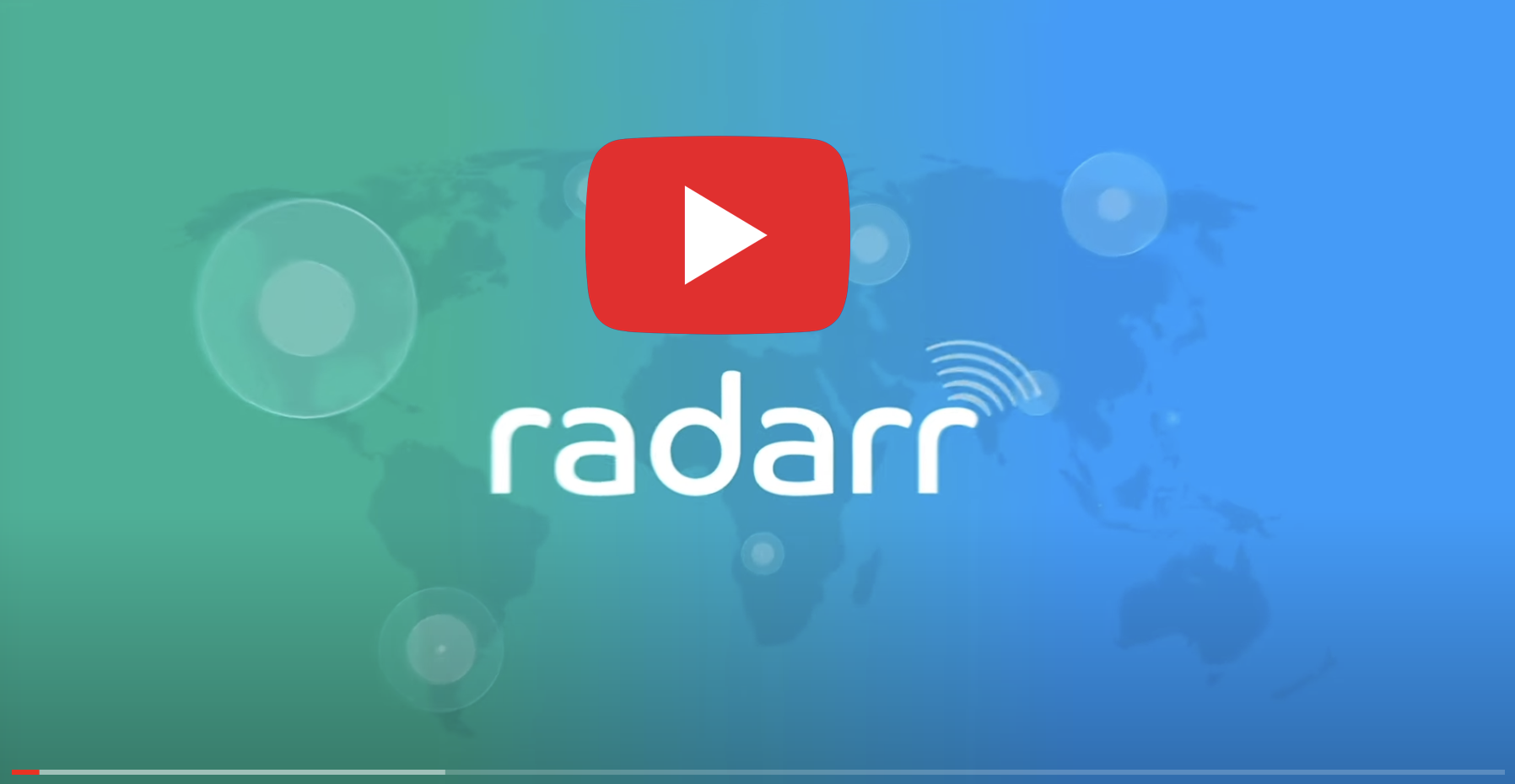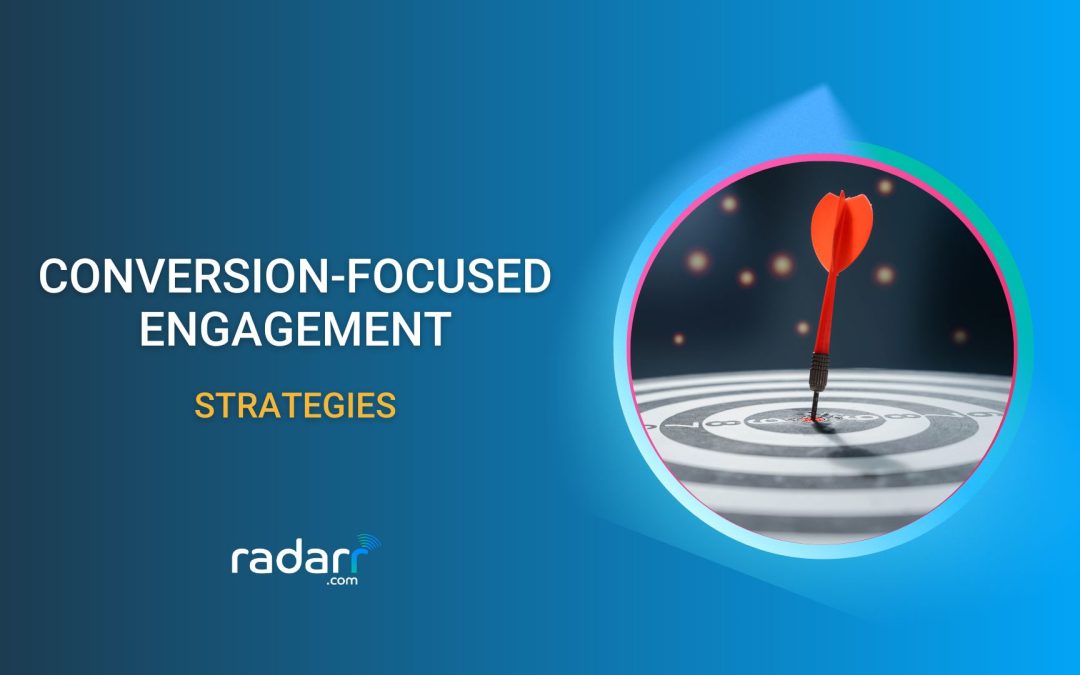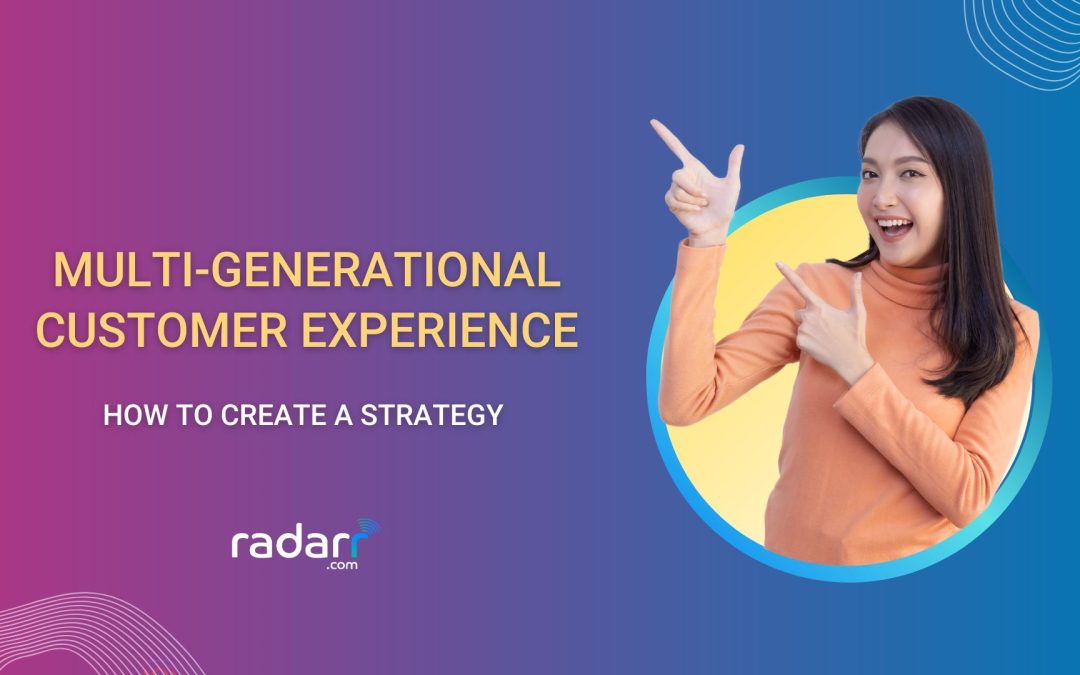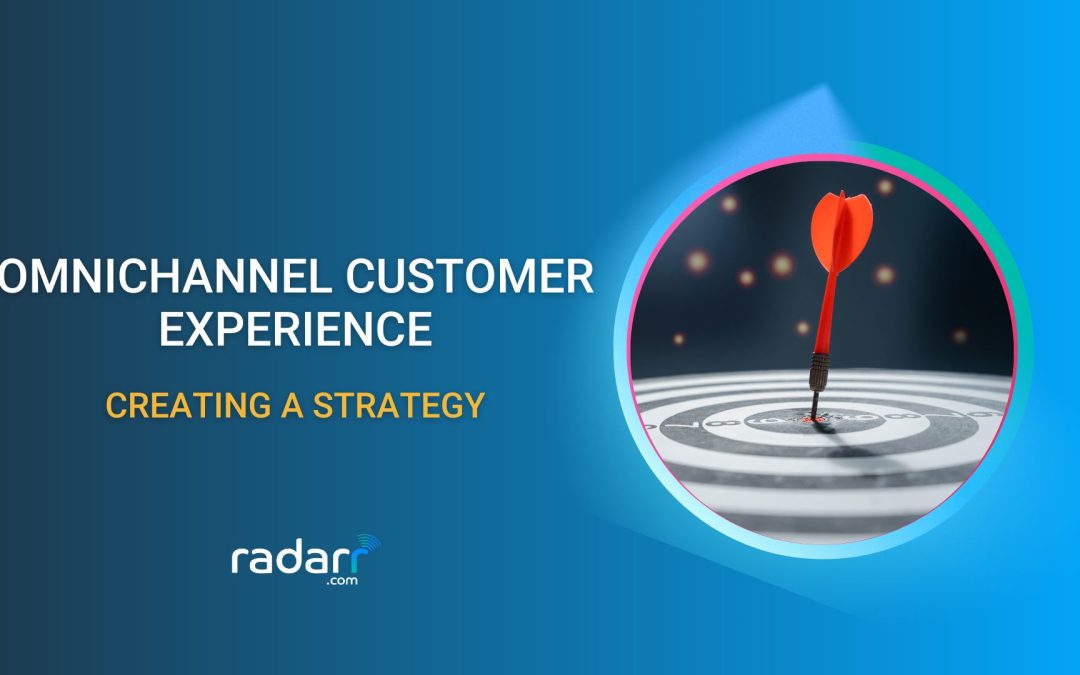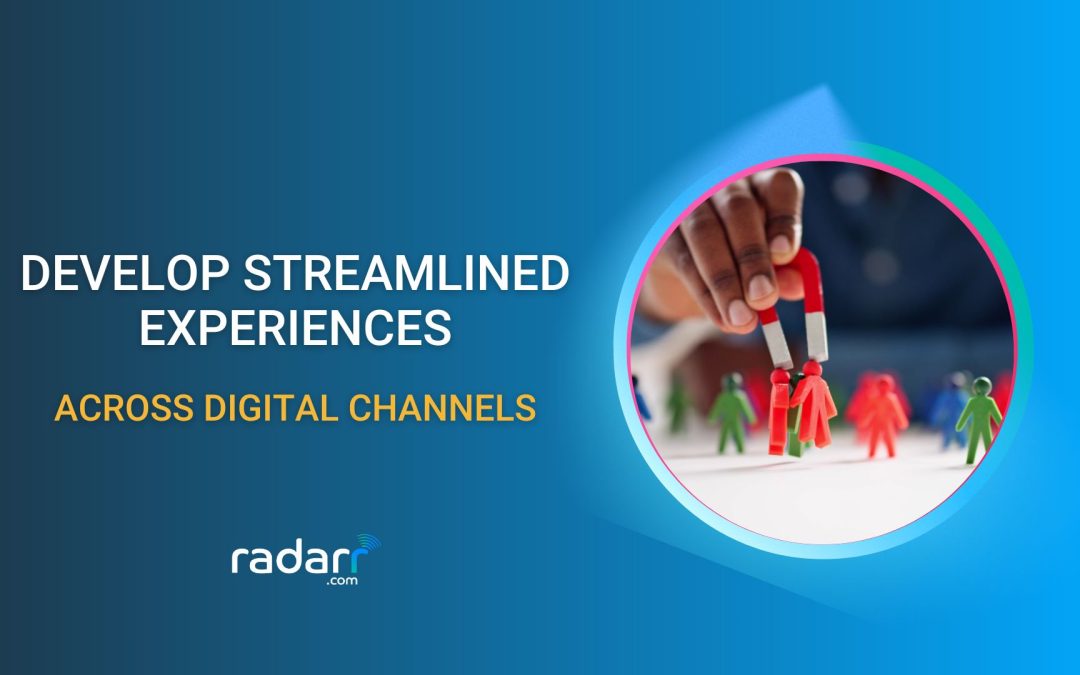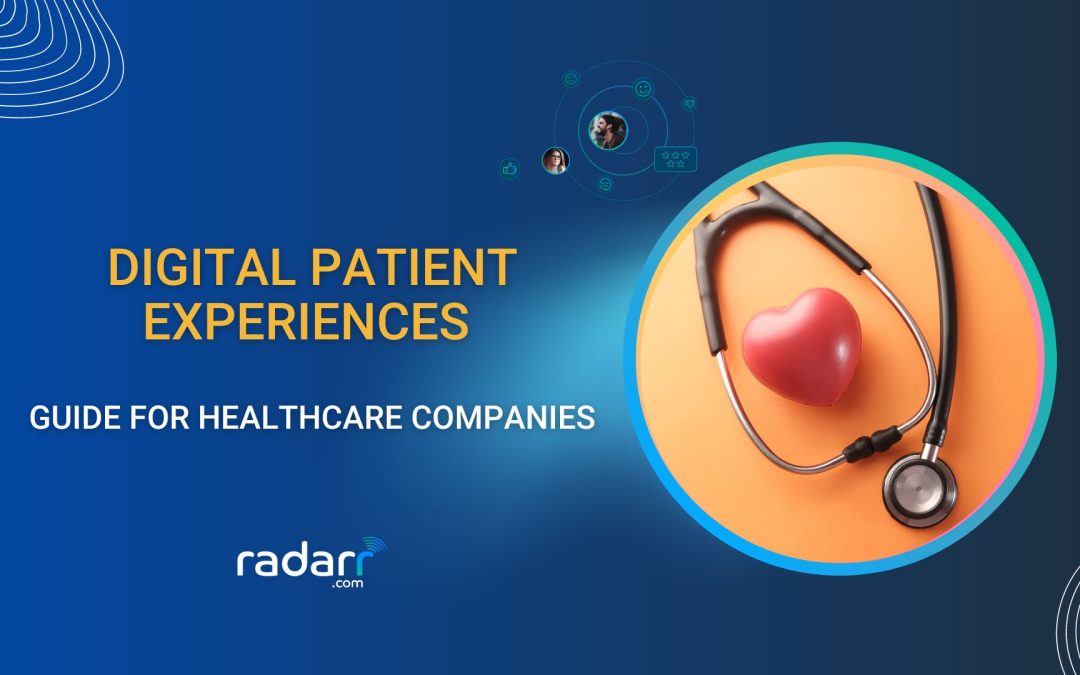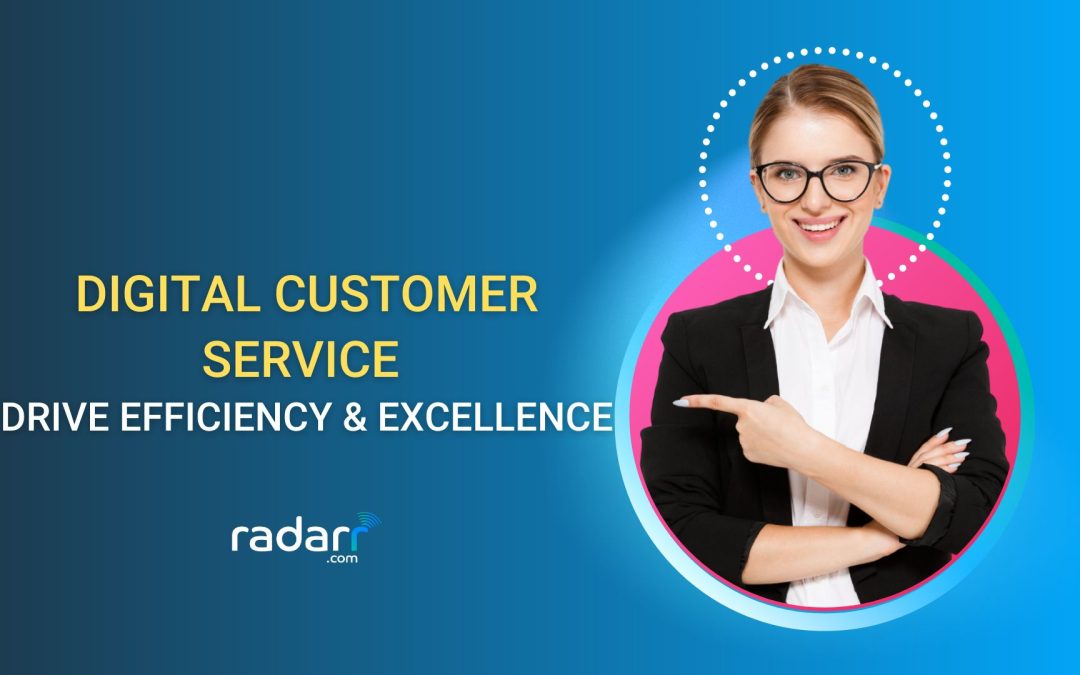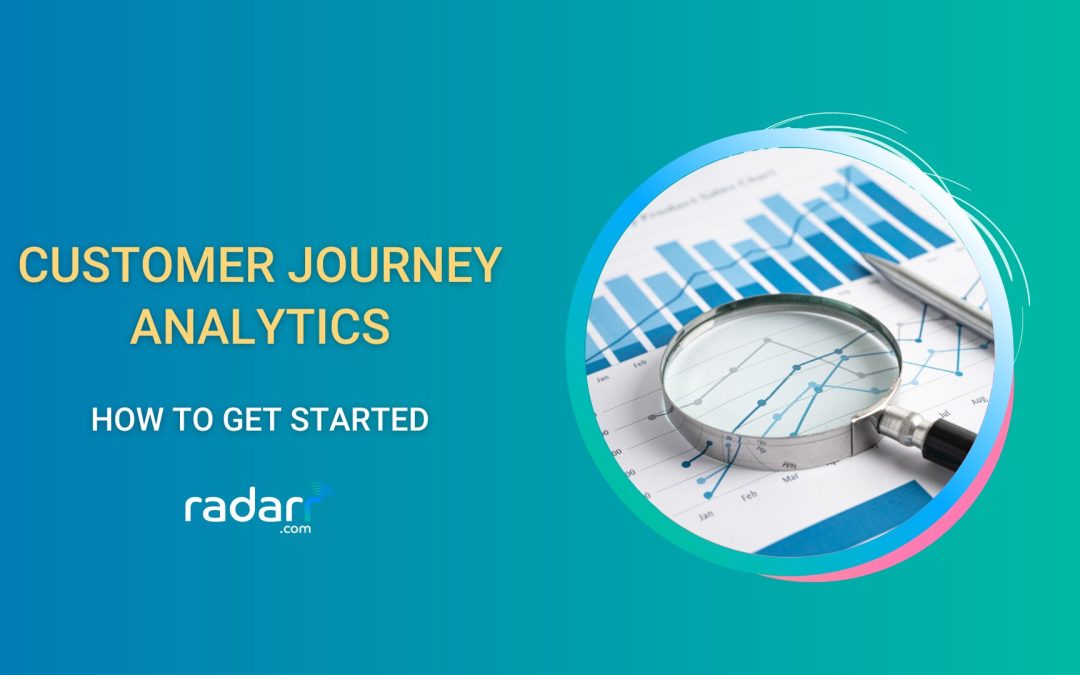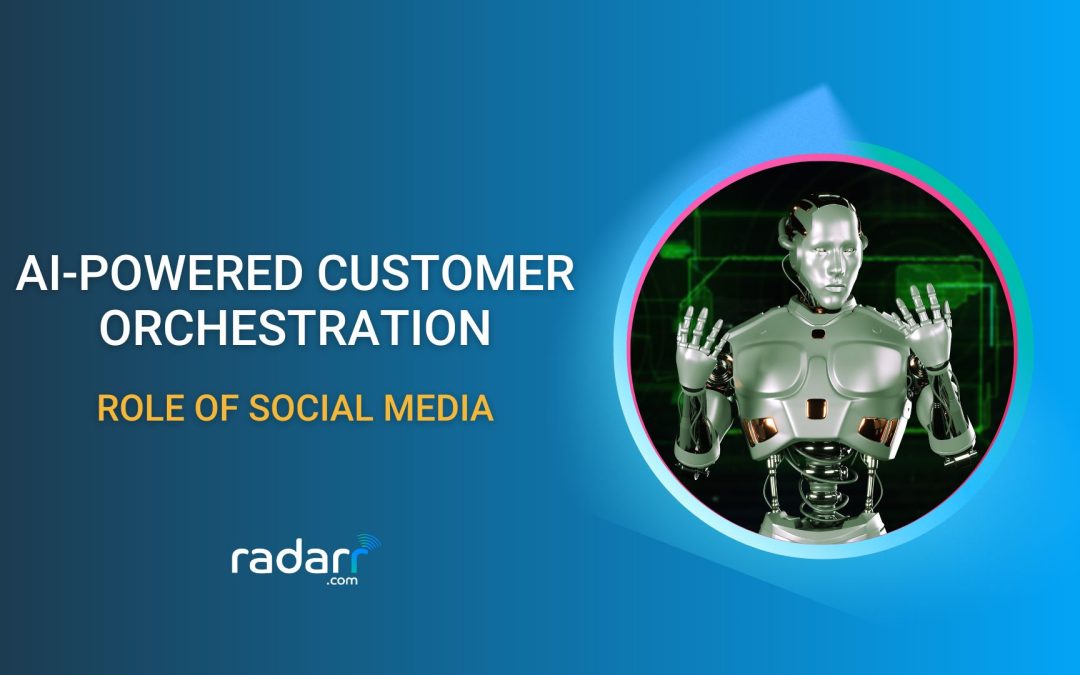I still recall back in school when we had to sit through surveys, I would blindly fill up the questionnaires because (i) it’s not graded (for me at least) and (ii) it’s boring. I didn’t think it was important at all – I mean, who really cares and takes them seriously, right? Market analysis..phew!
Fast forward 15 years later – That person is me.
As a skeptic who questions the soundness of everything, the workings of market research is a huge conundrum. Businesses are spending huge budgets to back “data-driven” consumer insights, and governments are counting on these findings to craft and implement public policies. But what happens when the data is less accurate than we’d like it to be? Having the privilege of being both a researcher and a consumer, it’s easy to see why many can’t trust market analysis or research, even when it’s conducted by the biggest and most experienced agencies.
Tradition rarely triumphs.
Following the great mantra “look inward before looking outward”, let’s start with innate issues that can be regulated by research agencies. From the logistical setup to research design, agencies have the liberty to control everything. However, the commercial nature of market research makes it challenging for agencies to prioritize the sanctity of research over profitability. Case in point – Established agencies are generally slower to innovate because the success of their current business model creates strong inertia to deviate from.
Having said that, even a foolproof methodology is only half the battle won; you’ll need genuine data to derive credible insights. That’s where most problems arise – Not from the research design, but when researchers fail to see from the lens of a consumer.
Consumers don’t care about your surveys.
As a consumer, there isn’t enough skin in the game to want to help businesses improve through genuine feedback. With competitors aplenty, we can always buy from someone else who already meets our needs, without all the hassle. This is where most researchers get blindsided – Just because you care about the findings doesn’t mean the consumer does.
One may suggest that incentives give consumers a reason to care, but when was the last time you whole-heartedly completed a survey for cash? Chances are, you rushed through it just for the reward. Aside from concerns around data integrity, the consumer of 2020 is no longer enticed by measly incentives. This is especially true for Millennials, who are now more time-sensitive and digitized than ever before – making it harder to capture their fleeting attention. While not paying attention to Millennials wouldn’t be an issue 15 years ago (since most were still in school), they are now the largest market drivers across the globe.
Pessimists may view the points above and render market research obsolete with no redeeming factors, but in reality, all you need is a little creativity to break out of the traditional mould in deriving consumer insights. Thanks to the agility of startups and our belief in the potential of social intelligence, the research team at Radarr has developed a methodology that not only protects the quality of consumer insights but ensures we understand consumers who matter the most – the Millennials.
Introducing Research@CS.
What is Research @CS?
Though the industry has been around since the 1930s, a major bulk of the evolution of the market research industry has been dominated by self-reported data. Arduous data collection processes have become a huge obstacle in turnaround, but what’s worse is when this hurdle unknowingly compromises research integrity. With the internet creating a wealth of new data sources, research no longer needs to be confined to traditional surveys and focus group discussions. Research@CS is the millennial of market research – research redesigned with 360° integration of social listening, gamified surveys, and cultural studies.
How does this work?
As with every problem in the history of mankind, there is no perfect solution to answer all your research questions. Surveys concisely relay your questions to the respondents, yet people are incentivized for ingenuity. Focus groups open your eyes to the most unexpected ideas, but how often do you get the best moderators and innovative thinkers in the same room? All methodology comes with its pros and cons, and it is our responsibility to build on the strength and eliminate the noises in each method in order to hear what the consumers really have to say.
Why is this better?
When we start depending less on tedious self-reported questions and answers, data integrity gets fortified – which in turn assures the credibility of insights. Opinions can rarely get any more truthful than unprompted views on social media, which is why social listening is our preferred method in gathering qualitative insights. By collaborating with partners that have access to communities of Millennials, these questionnaires that come in the form of gamified surveys are no longer a chore, but a fun relief from one’s daily routine.
Thanks to the widespread internet culture, a hefty financial investment and lengthy-time commitment are no longer requirements for better insights. Since consumer responses are but a click away, our average study only needs a quarter of the time of traditional research – freeing up more time for stakeholders to strategize using our insights. The cost savings are also unparalleled – simple research that could easily cost 5-figures can now be done at a fraction of the price.
At the end of the day, it boils down to what businesses are trying to get out of their research. Not all organizations wish to make changes, or have the operational capacity to make changes, that are driven by consumer insights; some are solely doing market research as an SOP, while others are down and ready for action. If you are a B2C business looking for direction on decisions, you probably want to start listening to your biggest consumers – because not only do millennials purchase, they influence others to do the same.
And if you don’t trust market research as it is, Research@CS may just be what you were looking for – the millennial of market research that celebrates the digital age, embraces the short attention span, and gives you the actionable, reliable, and non incentivized insights that you couldn’t get before.
To find out more about what we do at Research@CS (or maybe have a debate with me on any of the points above), feel free to reach out at info@www.radarr.com


